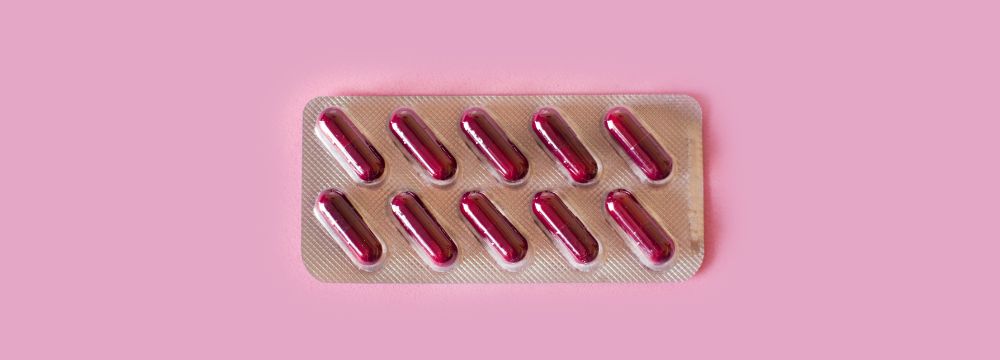
Because of the prevalence of gastroesophageal reflux, disease, or GERD, there has been an explosion in advice regarding controlling and treating it. Unfortunately, this advice often promotes using products and supplements that don’t work. Trying these remedies only extends the time during which a patient suffers from GERD ultimately increasing the risk of follow-on conditions.
To understand the myths surrounding the treatment of GERD, it’s also essential to understand exactly what GERD is. Gastroesophageal reflux disease occurs when gastric juices reflux into the esophagus more than a few times a week for an extended period. It is typically associated with excess weight and obesity due to the intra-abdominal pressure that excess fat accumulation around the abdomen causes. GERD symptoms can run the gamut from none, known as silent GERD, to debilitating, in which a patient may find themselves in the ER thinking they are having a heart attack. Most often, the cause of GERD is due to a weakened Lower Esophageal Sphincter (LES) – the one-way valve that allows food and drinks into the stomach but prevents gastric juices from refluxing back into the esophagus.
Myth 1
Acid Reflux Medication Is All I Need to Cure GERD
This may be the biggest myth. Why? Many patients believe GERD is no big deal, and this mindset needs to be changed. Our healthcare system needs to offer patients more context on how to treat the problem but, even more importantly, prevent it in the first place. For most, the progression of GERD treatment begins with some lifestyle changes and adaptations that can, for a time, help them minimize symptoms. Eventually, most patients cannot maintain this change and turn to antacid medication, which has limited longer-term usefulness. However, the real problem lies with proton pump inhibitors or PPIs. These acid-blocking medications effectively eliminate the burn associated with GERD but are not meant to be used for more than six weeks at a time. Because they are sold over the counter, most patients do not realize the damage they may be causing.
For one, these medications can increase the risk of bone density problems and, ultimately, fractures. Secondly, they have been linked to higher cholesterol and other issues that can lead to more serious conditions. Lastly, the lack of acid within the stomach allows for the proliferation of bacteria and other pathogens.
Myth 2
If I Get Rid of the Acid, I Eliminate the Problem
Pump proton pump inhibitors can be very effective because, over time, they reduce the acid in the stomach by stunting its production rather than neutralizing existing acid. However, just because there’s less acid in the gastric juices does not mean less damage is being done. The now alkaline gastric juices can also cause significant damage to the esophagus, potentially leading to pre-cancerous or cancerous esophageal issues (just like the acid). Think of the corrosive nature of a leaking alkaline battery. It’s a similar situation with alkaline or base gastric juices.
Myth 3
Surgery Should Be a Last Resort
To be sure, surgery is daunting, especially for someone who has not undergone a procedure before. However, this does not mean surgical repair for GERD should be the last resort when every other option has been tried. Ultimately, surgery is the only way to effectively cure reflux because it targets the cause of the problem, either by strengthening the lower esophageal sphincter, repairing a hiatal hernia, or both.
While we always want to take a stepwise approach toward treating acid reflux (and lifestyle change is the safest and most effective way to tackle the condition, the unfortunate truth is most patients cannot maintain that lifestyle change for the long term. To that end, as mentioned above, long-term medication for gastroesophageal reflux may not be a good option for most patients and ultimately may do even more harm than good.
Further, the two procedures we perform most often for GERD – the fundoplication and the LINX reflux management system are effective procedures with an excellent satisfaction rate among our patients.
Understanding those myths, we hope you have a better idea of approaching your GERD and taking it more seriously than you may have before. The most critical next step is to get a proper diagnosis, which may include endoscopy and pH testing to understand if any damage to the esophagus has already occurred. From there, SAMPA offers a multi-pronged approach toward treatment.
From there, if patients cannot change their lifestyle and minimize or eliminate their symptoms, we may consider a surgical procedure for GERD. For those with severe GERD alongside morbid obesity, a gastric bypass may be an excellent option for reflux control. Contact our office to schedule a consultation and learn more about your treatment options.




